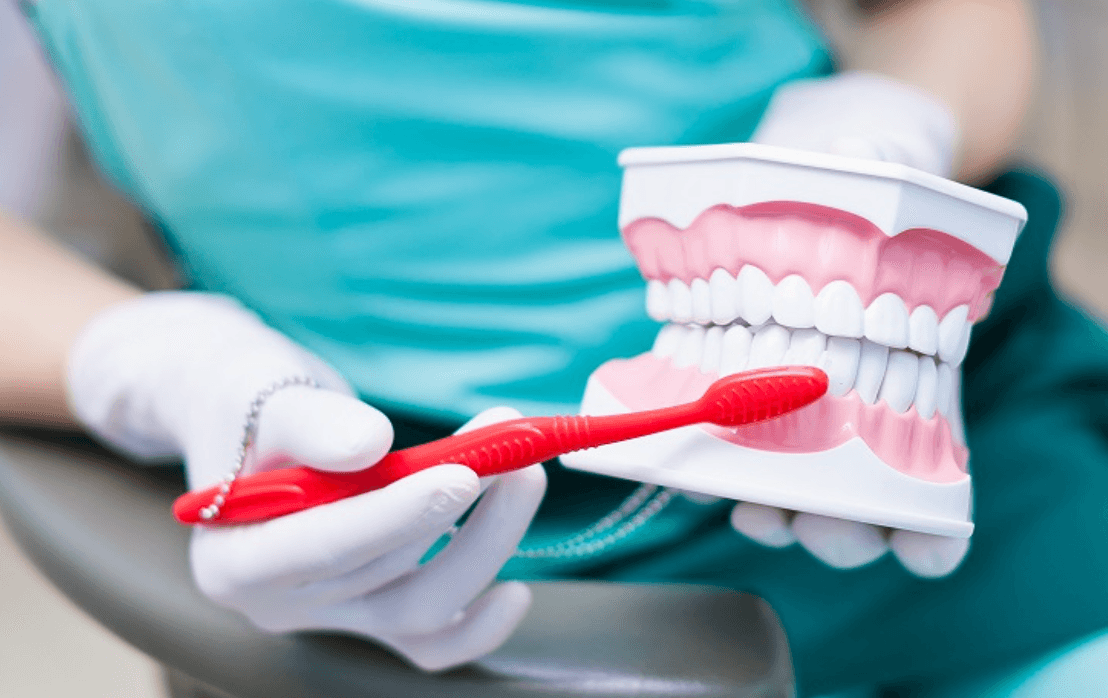Taking Excessive Painkillers Can Kill You: HERE Why?
Many of us reach for painkillers to ease our discomfort, thinking they’re harmless helpers. However, there’s more to these medications than what meets the eye. Here’s a look at how frequent painkiller use can secretly interfere with your health.
Painkillers, like acetaminophen, are processed in the liver, the essential detoxifying organ of our body. Yet, when overconsumed, they can flood this organ with toxic byproducts such as NAPQI, damaging liver cells and possibly leading to liver failure over time.
Your stomach’s protective lining is crucial against the digestive acids it harbors. However, excessive painkiller intake disrupts prostaglandin production that maintains this lining, often resulting in painful ulcers and bleeding.
NSAIDs, a category of painkillers, can alter the chemistry of your bloodstream. Over time, this may narrow blood vessels and increase blood pressure, elevating the risk of significant heart-related issues such as heart attacks.
Your kidneys help filter waste and manage fluid balances. By interfering with crucial hormones regulating blood fluency and flow, frequent painkiller use can overburden kidneys, leading to chronic diseases.
Our hormonal coordination is essential for managing stress and mood. Painkillers can disrupt the endocrine system, thereby affecting hormone communications, resulting in mood swings and energy dips.
Painkillers can confuse signals necessary for proper white blood cell function, impairing your immune system’s ability to defend itself against intruders.
As painkillers interact with brain chemistry, they can promote tolerance, requiring ever-increasing doses for effectiveness, which in turn burdens your nervous system.
Researchers have noted that withdrawal from frequent use can escalate anxiety levels.
Certain potent painkillers like opioids suppress critical respiratory functions, compromising oxygen intake, with potentially life-threatening outcomes.
These drugs interrupt your digestive fluidity, causing discomfort and slowing down waste movement, a condition known as constipation.
The use of painkillers calls for caution. Though tempting for instant relief, excessive reliance might seem a friendship you can do without when considering the hidden, harmful long-term effects. Nurturing a solid exercise routine, eating a balanced diet, and consulting with health professionals can collectively serve as more wholesome approaches to pain management both today and in the future.
From Around The Web
Wellness Inbox is a blog & weekly newsletter that curates trending news and products related to health and wellness from around the web. We also gather content from various sources, including leading health professionals, and deliver it directly to you.
Please note that we may receive compensation if you purchase any products featured in our newsletter. Wellness Inbox is not affiliated with, nor does it endorse, any health professionals whose content may appear in our newsletter. The information provided is for general informational purposes only and should not be considered medical advice.
The information provided is not intended to replace professional medical advice, diagnosis, or treatment. All content, including text, graphics, images, and information available is for general informational purposes only. We do not guarantee the accuracy or completeness of any information presented and assume no liability for any errors or omissions. The content is subject to change without notice. We encourage you to verify any information with other reliable sources and consult your physician regarding any medical conditions or treatments.







